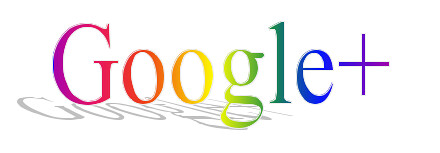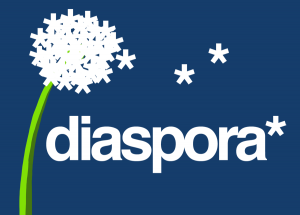In chaos there is opportunity (part 11 of Diversity and Google+)
I’m flashing! Back in 2006, the Ad Astra project proposed a strategy for Microsoft to outflank Google by leveraging its employee base and social technologies. One of the key insights: social computing technologies allow a company to tap into the combined energy of employees and their networks. This can be a huge asset — and one that potentially grows non-linearly as a company grows. Alas, Microsoft took another approach, investing in algorithmic search to compete with Google head-on, and ceding the social market to Facebook, LinkedIn, and others..
Five years later, it’s Google in the role of a large company trying to use its size as an advantage against a more nimble competitor. If Google’s 20,000+ employees can work together effectively and are sufficiently motivated, they’ll be a huge asset in the “battle for social.” Tying bonuses across the company to success gets everybody to focus on the company’s priority. From a strategy perspective, a great move by Google.
Which doesn’t mean it will work.
— me, in a comment Prisms, Kool-Aid and Opportunity April 2011
One way to look at Google+ through the lens of what Robert Scoble calls the game of all games: the battle between Facebook, Google, and “own identity on the internet.” In that context, it was a brilliant move against all the other big US-based corporations run and owned primarily by white guys who are fighting over who can profit from mining our personal information and selling our eyeballs to advertisers.
And in a lot of ways, it’s worked out quite well:
Continue Reading »
2011 09 25
Professional
social computing
Tales from the Net
Comments Off on In chaos there is opportunity (part 11 of Diversity and Google+)



